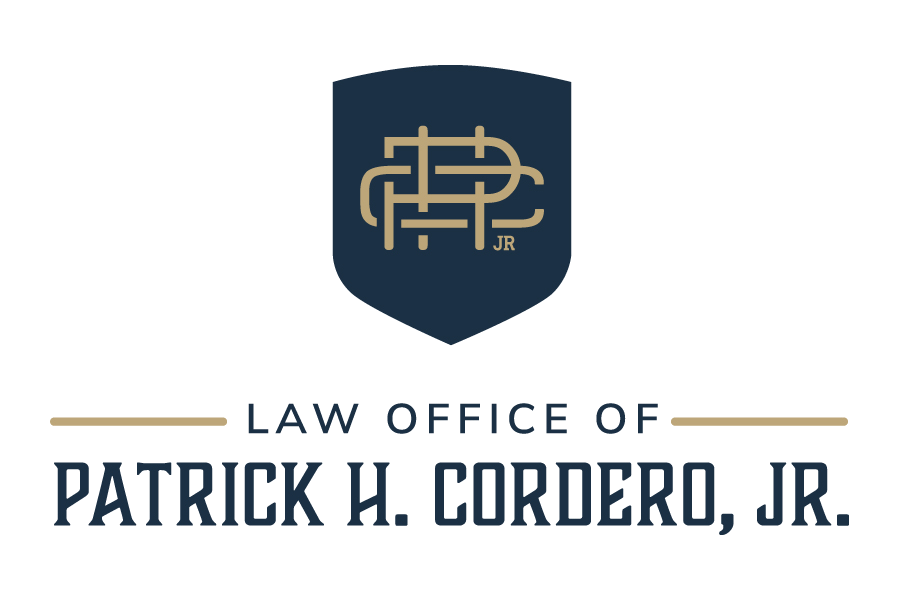What is Child Support?
Child support is the funding utilized to take care of a child. It is computed based on the earnings of each parent and how much they are both able to give. For instance, if the father earns $500 a month and the mother earns $300 per month, the courts would evaluate the child support based on their income. The parent with physical custody of the child will use part of the money to meet the needs of the child.
Child support can be tricky to negotiate, especially if it is part of a custody battle. Knowing your rights and obligations as a parent will help you deal with child support in the future. Here are some suggestions to help you understand it. To get your children's support when you divorce, both parents should be paying enough. See these helpful tips.
Beyond the usual expenses, child support payments can include medical expenses that the paying parent has not reimbursed. Medical bills, emergency room visits, prescriptions, and dental braces are all common examples. Education expenses, on the other hand, are usually not included in child support payments. Depending on the receiving parent's private school tuition, this can mean hundreds of dollars or even more per year. In addition, child support payments can include a child's private school tuition. Find out more here.
When applying for child support, both parents should bring documentation of their income and expenses. Birth certificates, Social Security cards, and other forms of documentation will be required. Proof of child care expenses and cell phone or car payments for the custodial parent will help the caseworker determine how much the paying parent should be paid. Alternatively, if you are receiving assistance from the government, the fee may be waived. If you can't afford the fees, you can negotiate an agreement with the non-custodial parent.
Child support is designed to ensure that both parents help provide for their child. In most cases, child support orders are in place until a child is at least 18 years old or until he or she joins the military. However, the order may last longer if the child requires special care or if both parents agree. Local child support agencies oversee child support payments at both the federal and local levels. You can find out more about your child's support payments by contacting your local child support office.
If you change your income or living situation, you must file a request to modify your child support order. You may also request a case review every three years if your living situation or income changes. If you file for child support in New York, child support orders are automatically reviewed every three years if the parents are still married and the child is under the age of 21. You can also file for a child support modification if your spouse isn't paying child support.
Go here.





